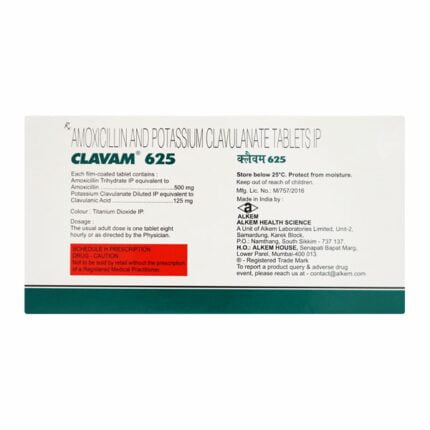Product introduction
Ondero 5mg Tablet is normally prescribed when diet and exercise alone or other medicines do not prove sufficient to control your blood sugar level. Your doctor may prescribe it alone or in combination with other diabetes medicines. It can be taken with or without food.
The dose will depend on your condition and blood sugar levels. Use it strictly as advised by your doctor. Do not stop taking the medicine unless your doctor recommends it. It is important to stay on the diet and exercise program recommended by your doctor while taking this medicine. Your lifestyle plays a big part in controlling diabetes.
The most common side effect of this medicine is hypoglycemia. It is important to recognize the symptoms of hypoglycemia (such as lightheadedness, sweating, dizziness, and fainting) and know how to deal with it. You can carry sugar or glucose candy and have them to control your symptoms if you experience any. It may also cause nasopharyngitis in some people. Contact your doctor if any of these side effects do not go away or worry you.
Before taking this medicine, let your doctor know if you have ever had kidney disease, heart disease, or pancreas problems. Some other medicines you are taking may interfere with this medicine’s working. So, make sure your doctor knows about all the other medicines you are using.
Pregnant or breastfeeding women should also consult their doctor before taking it. Limit your alcohol intake while taking this medicine because it can increase your risk of developing low blood sugar levels. You may need regular tests such as kidney function and blood glucose levels to check that the medicine is working properly.
Uses of Ondero Tablet
- Treatment of Type 2 diabetes mellitus
Side effects of Ondero Tablet
Common side effects of Ondero
- Hypoglycemia (low blood glucose level)
- Nasopharyngitis (inflammation of the throat and nasal passages)
- Cough
- Vomiting
- Diarrhea
- Constipation

















